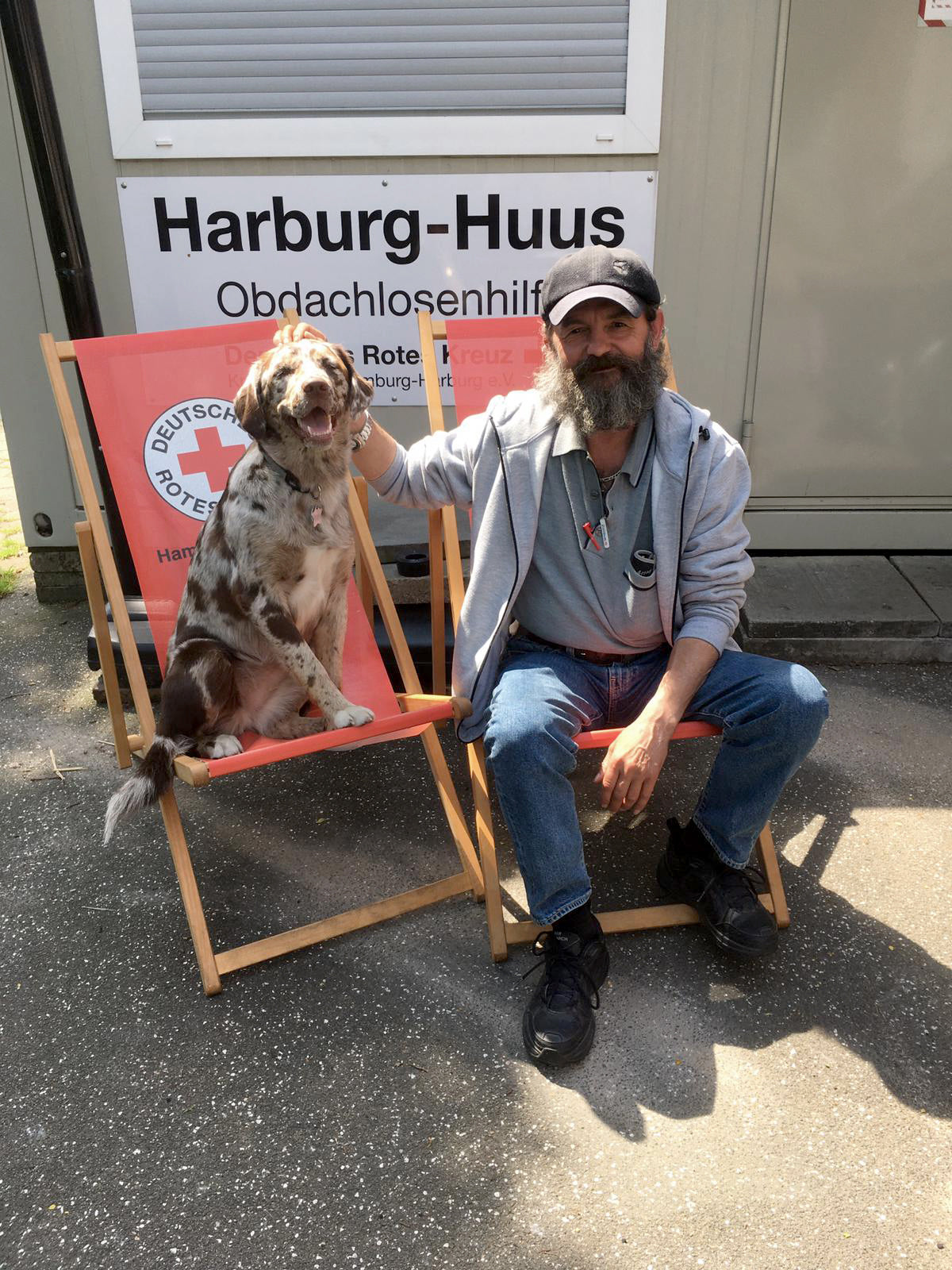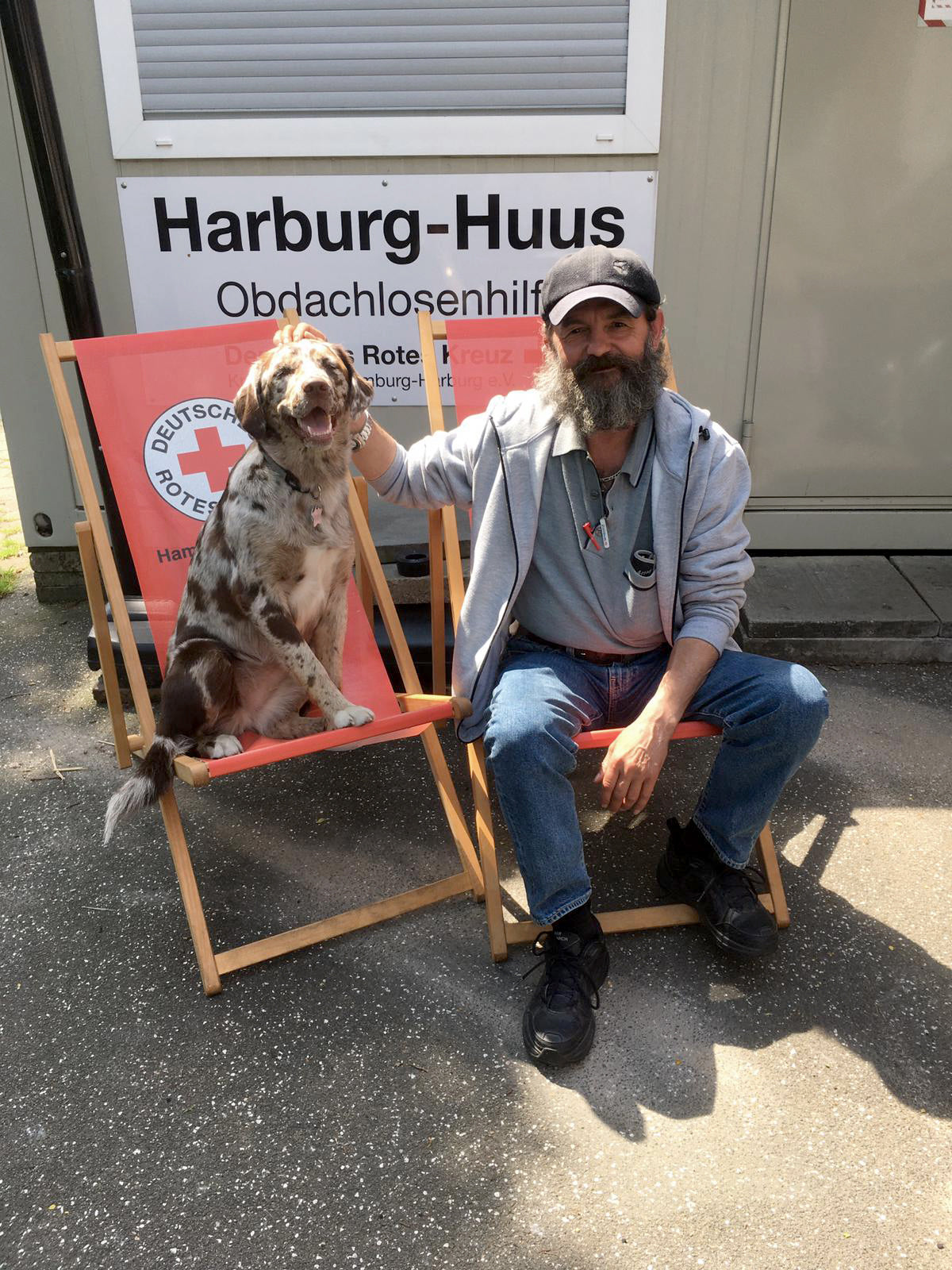Day 6
1 healthy breakfast for a homeless person in Hamburg
 Start the day without hunger Start the day without hunger
Start the day without hunger Start the day without hunger


Addressing malnutrition among homeless people in Hamburg

Prof. Dr. Rüdiger Grube presents his favorite project in the video
need
A healthy breakfast for homeless and destitute people in Hamburg
activity
Preparing a daily, wholesome, healthy breakfast for homeless people in the Harburg-Huus
Measurable performance
Number of homeless people who regularly eat a healthy breakfast at the Harburg-Huus
Result
More homeless people regularly eat healthier and have a higher quality of life and life expectancy
Systemically relevant impact
The homeless people have a better nutritional status, become less ill, and awareness of healthy eating increases among those affected
background


The good deed
About Germany
Berlin
Capital city
83,129,285
Population
50,801.8
Gross domestic product
per capita per year
Rank 9 of 191
Human Development Index
(Human Development Index)


